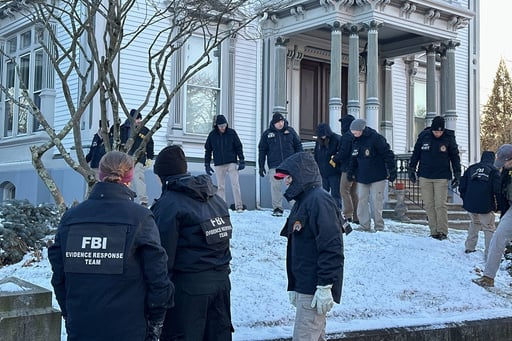Agreement reached with State of Rhode Island to resolve disability law violations for children in state care
PROVIDENCE, R.I. (WLNE) — United States Attorney Zachary A. Cunha announced today that he and the United States Department of Health and Human Services Office of Civil Rights have entered into a proposed consent decree with the State of Rhode Island to resolve the Department of Justice’s May 2024 findings of federal violations of federal disability laws for children in state care.
Back in May, an investigation by federal prosecutors had found the Rhode Island Department of Children, Youth and Families was in violation of federal civil rights laws.
The United States Attorney’s Office for the District of Rhode Island reported that the State of Rhode Island “routinely and unnecessarily segregated children” with mental health and/or developmental disabilities at Bradley Hospital in East Providence.
Under the proposed consent decree, which is subject to court approval, the State has agreed to do the following:
-
Help children who are currently hospitalized at Bradley Hospital to transition to family settings and receive services at home, if their needs can be met there, and they and their families want them to be at home;
-
Provide children and their families with service planning and care coordination that improve the likelihood that children recently hospitalized, who have experienced multiple visits to emergency departments can be successful at home;
-
Improve access to intensive in-home services; this includes in-home individual and family therapy, behavioral services, and therapeutic mentoring;
-
Address current or future shortages of therapeutic foster care families and community-service providers, including providing payment rates and support, to enable children they serve to return to or remain in family settings;
-
Provide prompt mobile crisis interventions to help children avoid entering hospitals; and
-
Monitor outcomes and timeliness of services.
“No child deserves to be isolated indefinitely in a locked psychiatric facility when their condition can be treated at home or in a less restrictive community setting,” said U.S. Attorney Zachary A. Cunha in a statement.
“Our kids, our families, and our communities deserve – and the law demands – better than that. While today’s consent decree will not transform a broken system that has all too often failed children with behavioral disabilities, it marks an important, and an enforceable, step toward getting these kids care, rather than confinement,” he said.
According to the release, a court-appointed monitor will monitor the state’s compliance with the five-year consent decree.


